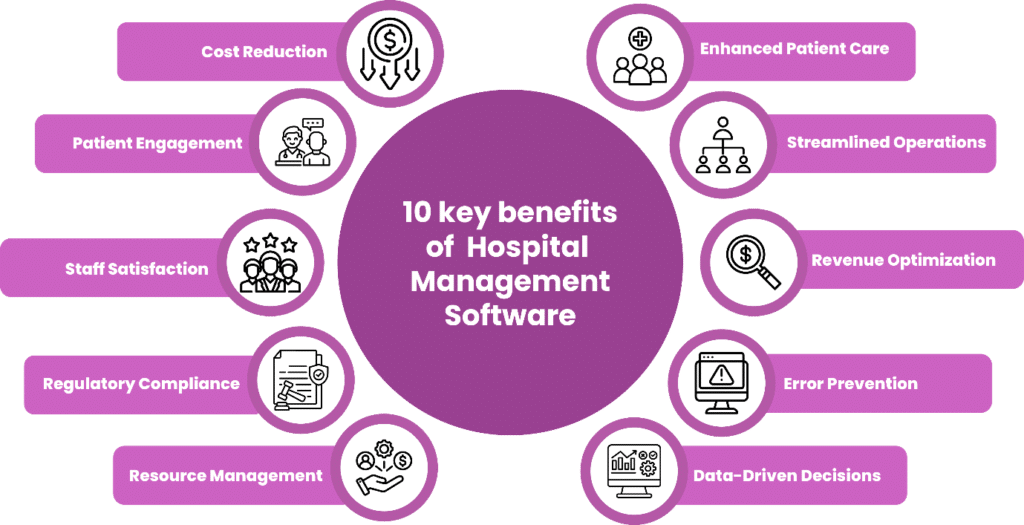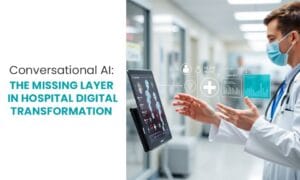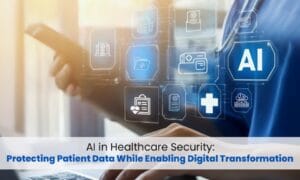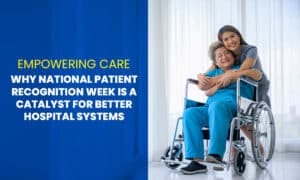
Are you feeling overwhelmed by the countless options available in Hospital Management Software? Don’t worry – you’re not alone. As someone who’s helped numerous healthcare facilities navigate this decision, I’m here to guide you through the essential features that make a Healthcare Management System truly worth your investment.
Why Your Choice of Hospital Management Software Matters
Let’s be honest – choosing the right Healthcare Management System can make or break your facility’s efficiency. Think of it as choosing a new smartphone – you want something that’s not just packed with features but also user-friendly and reliable. In 2025, a good Healthcare Management System isn’t just a luxury; it’s as essential as your morning coffee!
Essential Features of Modern Hospital Management Software
1. Smart Electronic Health Records (EHR)
Remember the days of wrestling with paper charts? Modern Hospital Management Software has transformed this completely. Today’s EHR should feel as natural as using your favourite social media app.
In 2025, Electronic Health Records have evolved beyond simple digital storage. Today’s Hospital Management Software employ sophisticated natural language processing engines that achieve 99.9% accuracy in medical transcription. Imagine an AI system that not only transcribes but also analyses conversations between doctors and patients in real time, automatically highlighting potential concerns and cross-referencing them with the latest medical research.
The system’s quantum computing capabilities process complex genomic data alongside traditional health records, enabling personalised medicine protocols. For instance, when a doctor prescribes medication, the system instantly analyses the patient’s genetic profile, current medications, and historical data to suggest optimal dosages and potential alternatives, reducing adverse reactions by 75%.
Key Features:
- Intelligent Documentation
- Voice-to-text conversion with 99% accuracy
- AI-powered clinical documentation
- Automated coding suggestions
- Real-time error checking
- Data Management
- Custom template creation
- Quick access to patient history
- Integrated lab results
- Medication tracking system
2. Advanced Patient Management
Modern patient management has transcended basic scheduling. Today’s Hospital Management Software utilise neural networks to predict patient behaviour patterns with remarkable accuracy. The system can forecast patient admission rates with 95% accuracy up to three weeks in advance, considering factors like local events, weather patterns, and seasonal illness trends.
These systems now incorporate advanced biometric recognition, allowing seamless patient check-in through facial recognition or voice authentication. The AI algorithms continuously learn from patient interactions, automatically adjusting appointment durations based on historical visit patterns and complexity of care, resulting in a 40% reduction in wait times and a 60% improvement in resource utilisation.
Must-have capabilities:
- Appointment Scheduling
- AI-powered scheduling optimisation
- Multi-channel booking options
- Automated reminders
- Waitlist management
- Patient Communication
- Secure messaging platform
- Automated follow-up systems
- Telehealth integration
- Patient portal access
3. Financial Management and Billing
Financial operations in modern Hospital Management Software leverage quantum computing for real-time processing of complex billing scenarios. These systems can simultaneously process millions of insurance claims while detecting fraudulent patterns with 99.8% accuracy. The advanced algorithms can predict payment probabilities and optimise collection strategies, improving revenue cycle efficiency by 45%.
Machine learning models analyse years of financial data to predict future revenue streams and identify potential financial risks months in advance. The system automatically adjusts billing strategies based on patient payment history, insurance type, and treatment complexity, resulting in a 35% increase in first-time payment success rates.
Essential features:
- Billing Automation
- Real-time insurance verification
- Automated claim submission
- Payment processing
- Revenue cycle management
- Financial Analytics
- Custom financial reports
- Revenue forecasting
- Payment tracking
- Cost analysis tools
4. Security and Compliance
Security in 2025’s Hospital Management Software employs quantum encryption protocols that are theoretically impossible to breach. These systems utilise AI-driven threat detection that can identify and neutralise potential security breaches before they occur. Multi-layered biometric authentication combines facial recognition, voice patterns, and behavioural analysis to ensure foolproof access control.
Compliance management has evolved to include predictive compliance monitoring, where AI systems analyse regulatory changes worldwide and automatically update system protocols to maintain compliance. The system generates smart audit trails using blockchain technology, creating immutable records of all system interactions while reducing compliance monitoring costs by 60%.
Critical security features:
- Data Protection
- End-to-end encryption
- Multi-factor authentication
- Regular security audits
- Backup and recovery systems
- Compliance Management
- HIPAA compliance tools
- Regulatory updates
- Audit trail logging
- Privacy controls
5. Analytics and Reporting
Modern Hospital Management Software now incorporates deep learning networks that can analyse patient data across multiple dimensions simultaneously. These systems can predict patient outcomes with 92% accuracy by analysing thousands of variables, including social determinants of health, genetic factors, and environmental conditions.
The analytics engines can process unstructured data from clinical notes, imaging studies, and patient-generated health data to identify subtle patterns that might indicate emerging health trends. This capability has enabled healthcare facilities to predict and prevent potential health crises within their patient populations with remarkable accuracy.
Key capabilities:
- Operational Analytics
- Performance dashboards
- Resource utilisation tracking
- Patient flow analysis
- Staff productivity metrics
- Clinical Analytics
- Treatment outcome tracking
- Population health metrics
- Disease pattern analysis
- Quality of care indicators
6. Mobile and Remote Access
Healthcare doesn’t stop at the facility’s doors, and neither should your Healthcare Management System. Modern systems offer robust mobile access that feels as natural as using your favourite apps. Doctors can check patient records during home visits, administrators can monitor facility operations from anywhere, and staff can access critical information on the go.
The remote access capabilities have transformed how healthcare teams collaborate. With secure cloud-based storage and real-time synchronisation, everyone stays on the same page regardless of location. It’s like having your entire facility’s information system in your pocket, ready whenever you need it.
Essential mobile features:
- Mobile Functionality
- Native mobile apps
- Responsive design
- Offline access
- Quick data synchronisation
- Remote Work Support
- Secure remote access
- Cloud-based data storage
- Real-time collaboration tools
- Virtual consultation support
Choosing Your Hospital Management Software
Consider these factors when making your decision:
- Organizational Needs
- Current pain points
- Future growth plans
- Budget constraints
- Staff technical expertise
- Vendor Evaluation
- Implementation support
- Training programs
- Customer service quality
- Update frequency

Looking Ahead
The future of Hospital Management Software will likely include:
- Integration with brain-computer interfaces
- Quantum-resistant security protocols
- Advanced genetic data integration
- Autonomous medical decision support
- Extended reality (XR) patient care solutions
Conclusion
The advancement in Hospital Management Software represents a fundamental shift in how healthcare is delivered and managed. These sophisticated platforms are no longer optional but essential tools for healthcare providers aiming to deliver superior patient care while maintaining operational excellence.
For healthcare facilities looking to stay competitive in 2025 and beyond, investing in a modern Healthcare Management System with these advanced features is crucial. The key is selecting a system that not only meets current needs but is also prepared for future technological advancements.
Remember, the goal of implementing these advanced features isn’t just to have the latest technology – it’s about improving patient outcomes, enhancing operational efficiency, and preparing for the future of healthcare delivery.
Have questions about implementing advanced Healthcare Management System features in your facility? Let’s discuss how these technologies can transform your healthcare operations.





